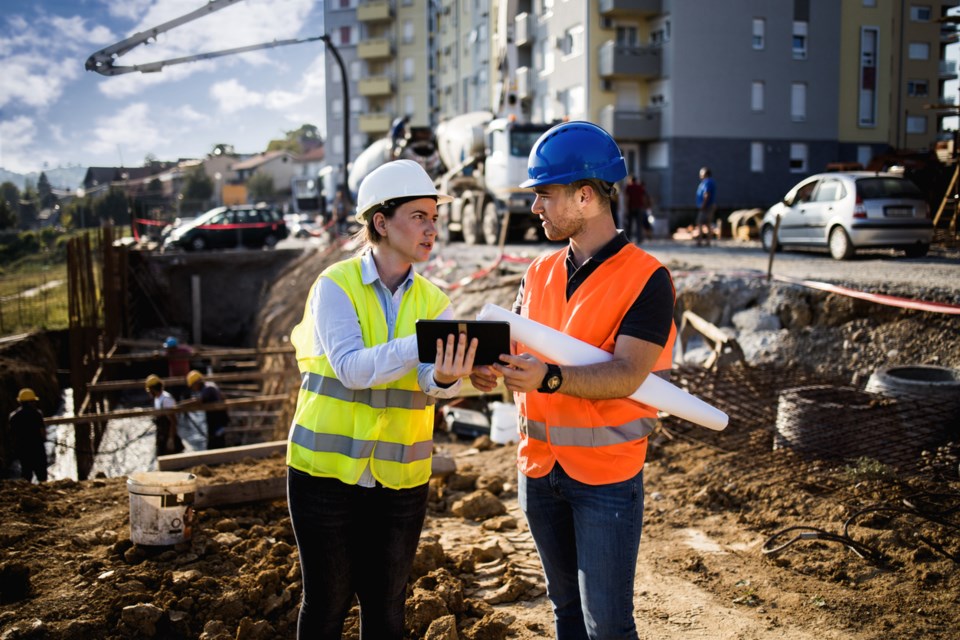Anyone in the market to obtain property for commercial purposes must do their research in order to make wise buying decisions. Hiring knowledgeable consultants should also be part of a solid property search. There are a multitude of considerations and regulations to be aware of as a potential land owner. In particular, environmental concerns will require close examination. Here's what developers should know in order to maintain compliance with local regulations.
Contamination Isn't a deal breaker
It's natural to wonder whether a property at risk of contamination or found to be contaminated is worth buying. The word "contamination" can be scary, but it's truly not a deal breaker when it comes to making a sound purchase. In fact, contaminated properties can often be purchased at substantially discounted costs. They can then be remediated and sold for a profit.
Potential issues
Potential problems developers may encounter can range from minor to more serious, however, so hiring an environmental consultant is recommended to help navigate issues that are beyond the expertise of buyers. False positives sometimes happen or environmental reports can be outdated. Plus, municipal permits can be confusing. Lenders will want to know the extent of any contamination involved in order to limit their risk. A knowledgeable environmental firm can conduct an environmental site assessment to obtain this information.
Steps to take to meet provinvial standards
Environmental professionals like Next Environmental know what to do when contamination is found or suspected. They'll begin with a preliminary site investigation, commonly known as Phase 1. This involves visually surveying the property and conducting interviews to learn pertinent details. Further in-depth research will then be conducted on the background of the site from sources such as databases, aerial photographs, city directories and insurance maps. All of this data is utilized to prepare a contaminated sites report with recommendations for the client. Working with an expert can give developers peace of mind that they're making a smart business decision and can save them future financial or legal consequences.
Developers can visit Next Environmental to learn more about environmental assessment basics and how to ensure projects are in accordance with deadlines and standards. Tending to environmental due diligence is a smart practice that allows property owners to move ahead smoothly with their goals.



